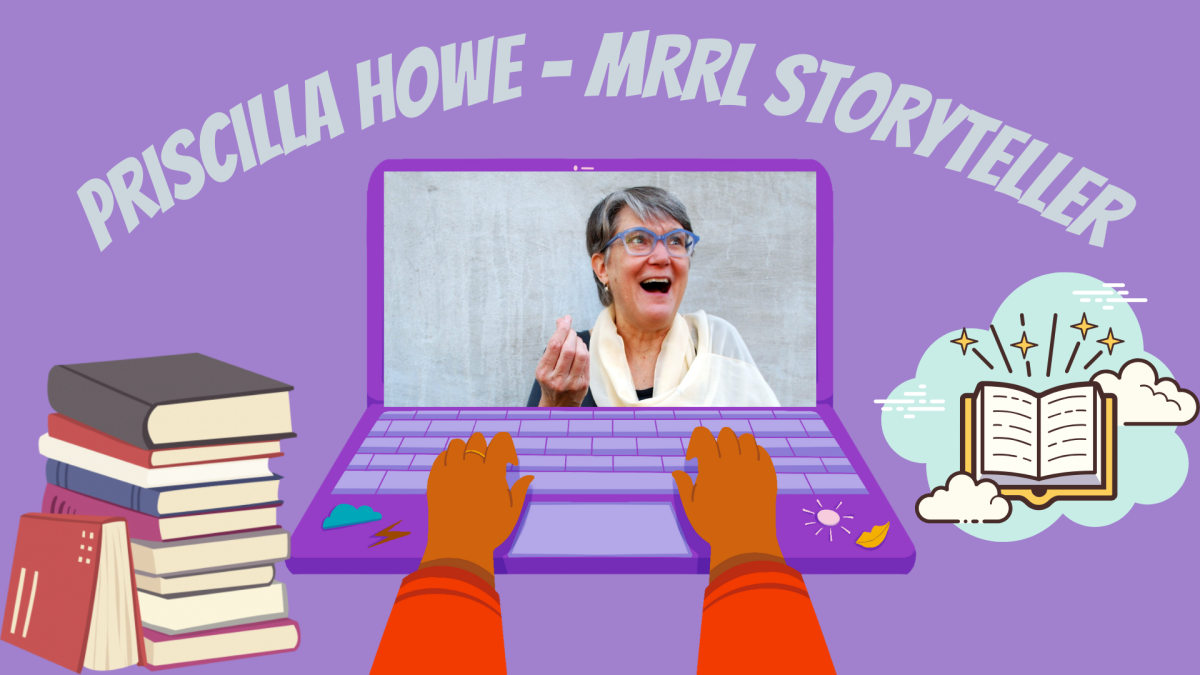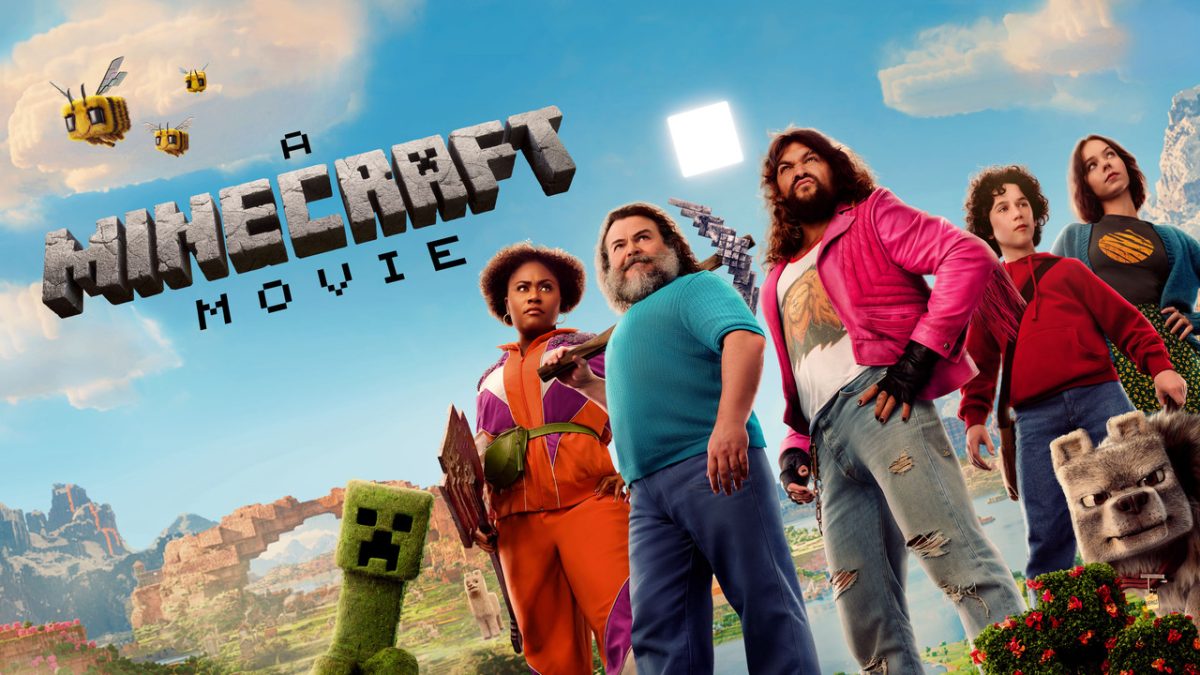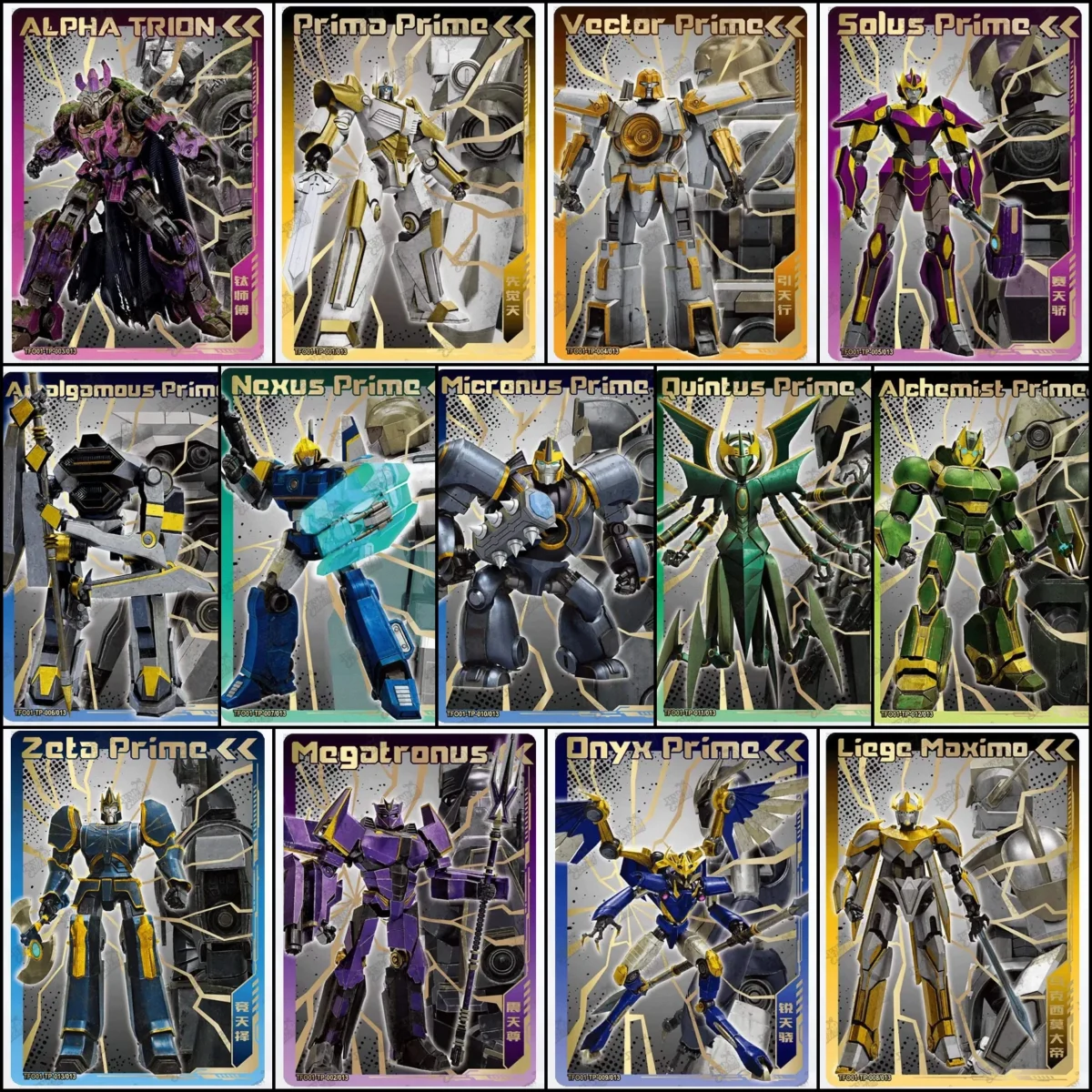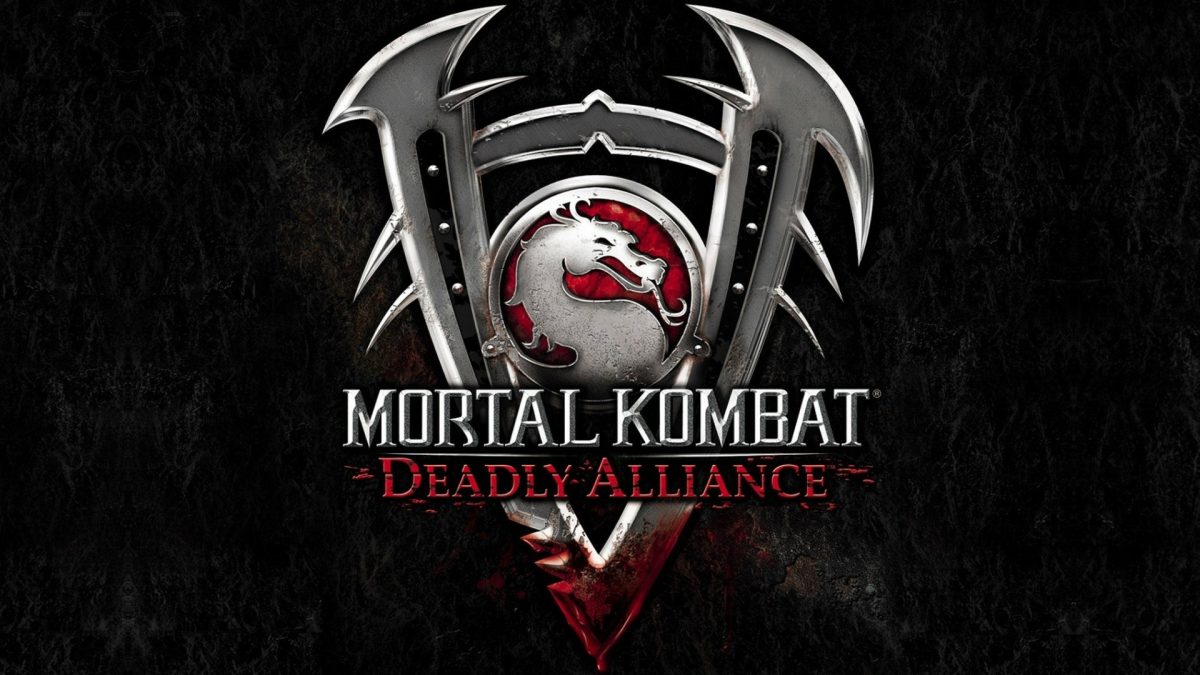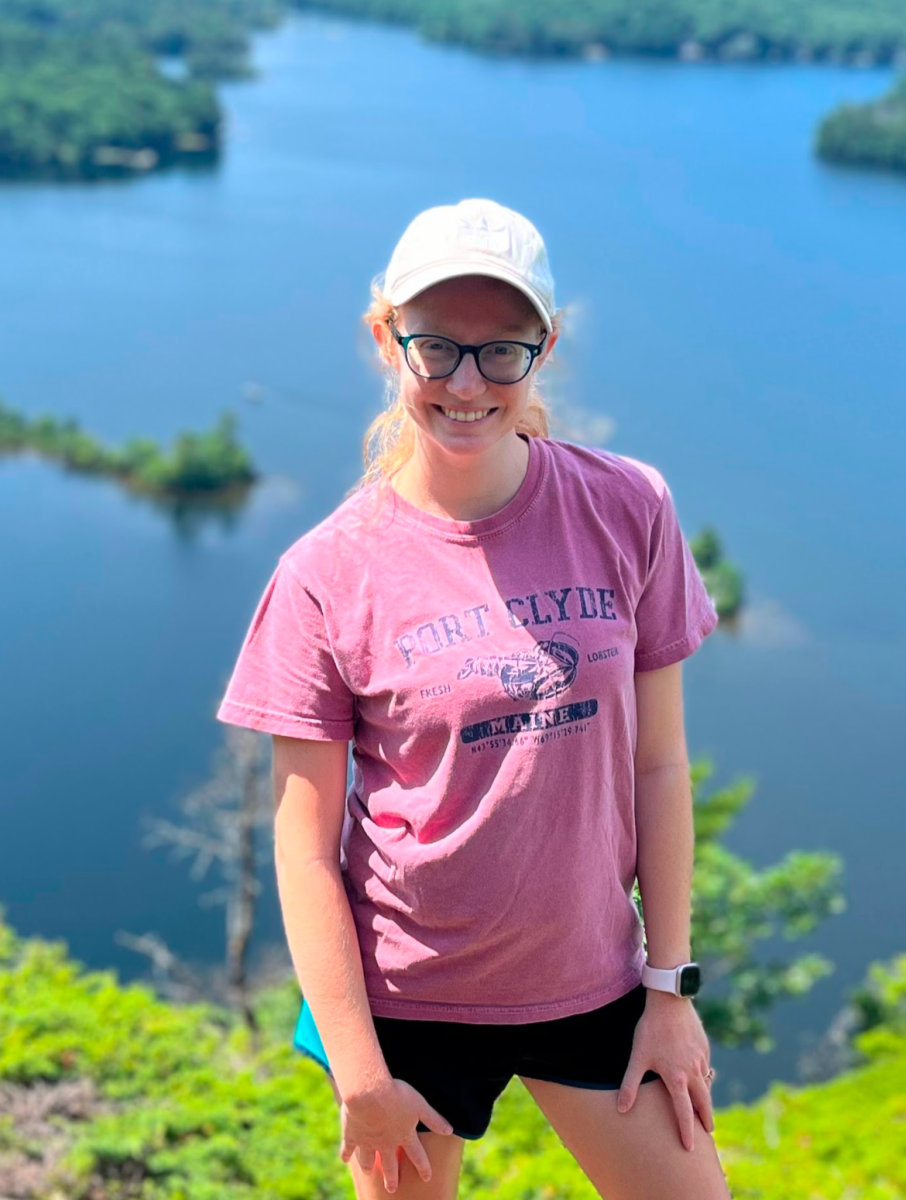CCHS HOSA Host Guest Speaker

March 24, 2022
On March 16th the future medical professionals club of CCHS invites lab worker Russ Drury to speak on his experience and knowledge of the Missouri State Public Health Laboratory, located in Jefferson City.
Q- I am aware that you work in a lab, how did you find out that this is where you wanted to work?
Russ Drury- I kind of landed there by accident, I was interested in laboratory science for sure, but I was working at a QC laboratory for Unilever here in town, and I was working a 12-hour pm shift. I was also a 7-day a week job so I wasn’t working all 7 days but I worked 3, off 4, on 4, off 3, and it was hard to get any kind of schedule. A friend of mine actually started at the state public health laboratory, let me know they were filling other positions, he told me what they were looking for, I thought it sounded interesting so I applied there and have been there ever since (just over 18 years).
Q- I know here at Capital City we have medical science-oriented classes for students to take, did you have anything like that when you went to high school or was there a favorite class you had in general?
Russ Drury- I think probably my favorite class in general in high school was zoology, at my school that was really the highest extent of our high school classes. We didn’t get anything quite as specific as you guys have now, and you guys have a much better curriculum than we did by the way ours was relatively general. When I was in high school the only classes we were offered were general biology, advanced biology, botany, and zoology, all of which I took. I also took chemistry, I didn’t take chemistry 2 because I’m not a chemist, I don’t like chemistry, I enjoy chemistry but biology was a lot more of an interest for me.
Q- I know that a lot of people in the STEM field are required to have a certain amount of education, what level of education have you received, and are there certain requirements to work in a lab like yours?
Russ Drury- That’s a really good question, for me personally, my highest degree of education is a bachelor of science degree in biology from Lincoln University here in town. At our facility, we don’t require continuing education, we don’t require any kind of other certifications. At a lot of public health laboratories, a person has to be Med-Tech certified and they actually have to pass a test, and they have to be licensed to work at their facilities, and when they are working in those they do have to have a certain number of continuing education credits each year to maintain their certification. So it really depends on the state and what their requirements are.
Q- I’m not quite aware of what exactly you do in a general lab, what would a standard day look like for you?
Russ Drury- It really depends on the day of the week, I attend quite a few meetings. I run our safety committee, so we have committee meetings where we talk about things like biological risk assessment, we look at procedures, one of our most important functions-we review accidents, if there have been any accidents in the laboratory we do a root-cause analysis. We interview the person involved in the accident, we ask how they were doing things and we compare that against the written protocol, if they were following procedure to the letter and the accident happened, now we start analyzing the protocol and procedure to try and figure out how we can improve it in a safety standpoint and correct it so it doesn’t happen again going forward. If the person is doing things differently than is listed on the protocol then we recommend a re-training for that person, have them go through the training process and observe them and make sure they are doing it according to the protocol and make sure there is no gap there. So that is one of my biggest things, and then it’s a lot of working with outside partners for different types of planning, for response, everywhere from the collection of specimens, to getting them to the lab, all the way out to emergency response planning for our laboratory, or Cole County hazmat, Cole County emergency response, local fire departments, local ambulance response, police and things like that if they need to respond to our building. And just, reviewing of a lot of manuals, I do a lot of that because I oversee our safety manual, I oversee our emergency operations manual, I am the responsible official for our select agent or our agents of bioterrorism program, so I oversee those manuals and make sure we are doing things properly. I do laboratory inspections for safety, I inspect our BSL 3 laboratories to make sure that everything is working properly, that we have proper directional airflow, that we don’t have any holes in the walls (because in our BSL3 labs we can’t even have thumb-tacks in the wall, no holes whatsoever) I inspect a lot o the building for things like that as well.
Q- In my experience lab work tends to operate by the rules of trial by error, what skills do you find are the most useful in your workplace?
Russ Drury- In a lot of our testing, having a keen eye, being very very detail-oriented, because in some of our tests especially if you’re doing biochemical testing you’re looking for a color change, and that color change can be extremely slight. So it can be anywhere from a tan, to a real faint pink, all the way to almost a fuschia (a really obvious positive), so that’s extremely important. Steady hands are really good because you don’t want someone shaking real bad and stabbing themselves with a pick or anything like that. Pipetting is a really good skill because we do tons and tons of pipetting across almost all of our units, but being real detail-oriented is extremely important, and ethics, being ethical in a laboratory is of the utmost importance. Making sure that you’re doing your quality control when you said you were going to do it and then it truly is passing, you aren’t just writing that it was done just because you didn’t feel like doing it today, or this week, or whatever the situation may be. It can all impact results, of course, the thing we strive for the most is accuracy in our data and the results that we are generating because again, as I mentioned in the presentation earlier all of the data we generate has an impact on somebodies life, so we want to make sure we are doing it the right way and generating the most accurate details, or mark the most accurate data that we can.



